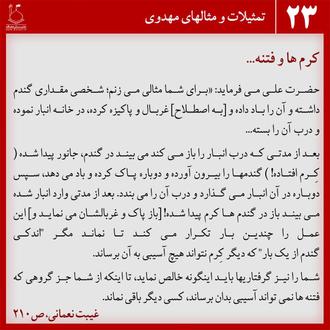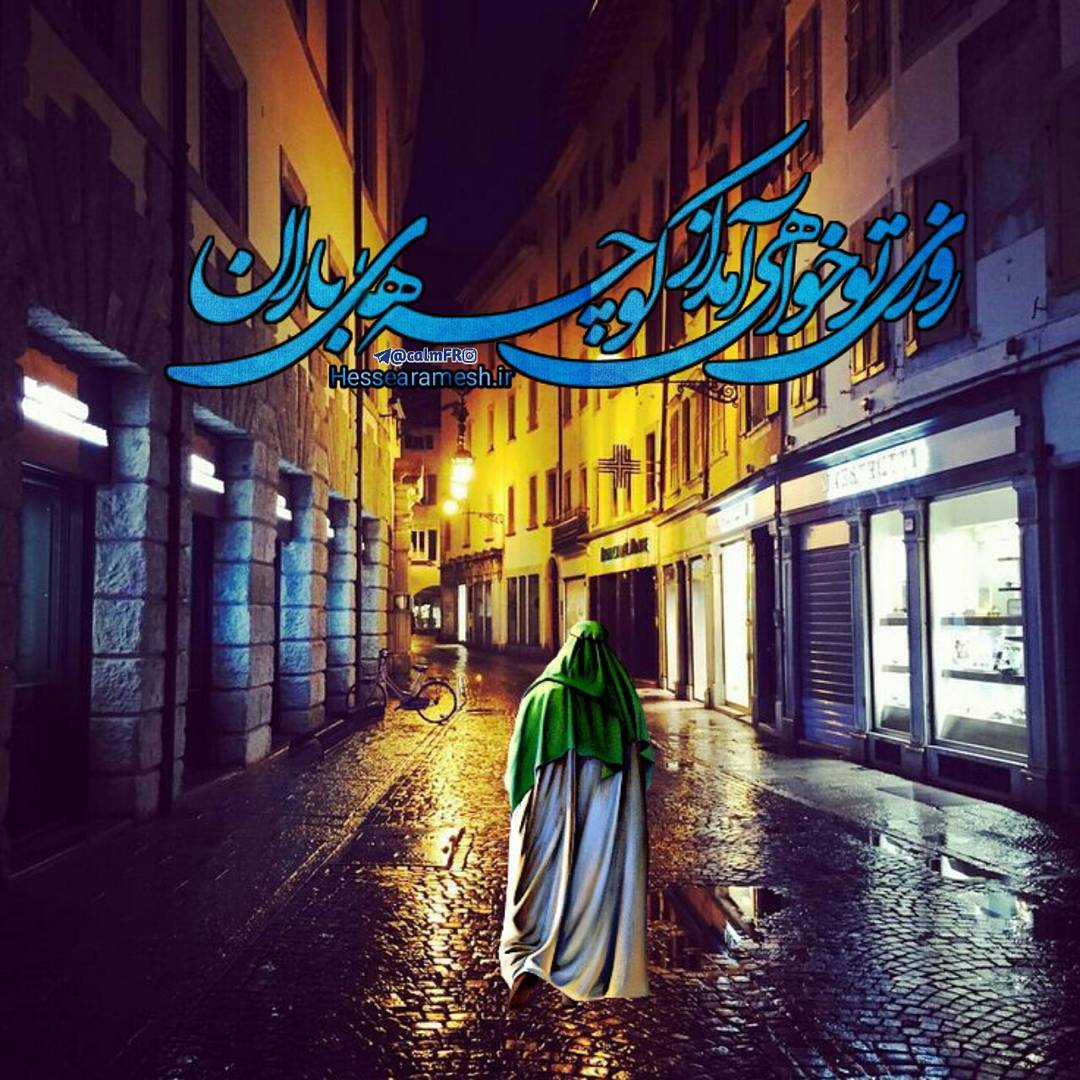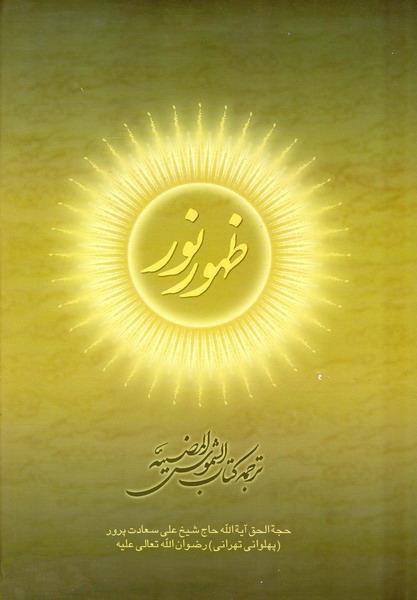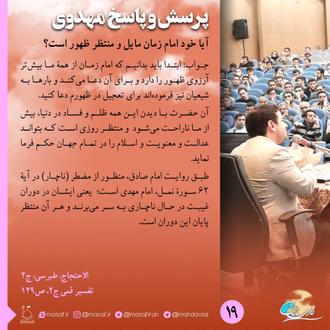“The etiquette of prayer” 1/2
Now that the importance of praying and its wonderful effects came to light, (by the previous number of this subject) we proceed to study the etiquette of praying. It is written in volume 93 of Bihar al-Anwar: “If you don’t observe the condition of praying, don’t expect your prayer to be answered.”
1. Prayer should start with the name of Allah. The Prophet Muhammad (PBUH): “A prayer that starts with “In the name of Allah, Most Gracious, Most Merciful” won’t be rejected.” *1
2. A prayer should include the praise and worship of Allah. Imam Sadiq (PBUH) says: “Any prayer that is offered without the praise and worship of Allah before it, is incomplete and fruitless.”*2
3. Salutation to Prophet Muhammad and his Progeny. Prophet Muhammad (PBUH) said: “Your salutation to us makes both your prayer accepted and your deeds pure.”*3
4. Seeking intercession. It has come in Verse 35 of the Surah al-Ma’ida: “Seek the means of approach unto Him” (meaning Ahl-al-Bayt).
5. Confessing sins. Imam Sadiq (PBUH): “Prayer consists of praise of Allah and then confessing sins…”*4
(1. Bihar al-Anwar 93/313; 2. Al-Kafi 2/503; 3. Bihar al-Anwar 94/54; 4. Bihar al-Anwar 93/318)
The etiquette of prayers 2/2
The continuation of previous number↩️
6- It should not be out of negligence and it must be offered with deep attention. Imam Sadiq (PBUH): “Allah does not answer prayers of a neglectful person. So pray carefully and attentively.”*1
7- Purity of food, drink and clothes. Prophet Muhammad (PBUH) said: “One who wishes his prayers to be answered, his food and trade must be Halal (pure).”*2
8- Paying the rights of the people. Imam Sadiq (PBUH) said: “Allah says” “I swear by My Honor, I will never answer prayers of the oppressed one who has done the same to another one.””*3
9- Abandoning the sin which is obstacle to answering the prayers. Imam Baqir (PBUH) said: “A servant asks Allah a favor … Then the servant commits a sin and Allah tells the angels: “Do not grant his need and deprive him of it.””*4
10- Being optimistic to the acceptance of the prayer. It is said in a Hadith: “When you are praying, ask Allah with all your heart and soul, and then believe in the acceptance of it.”*5
11- Persistence and insistence on prayers. It is written in the Old Testament: “Do not get tired of praying because I (Allah) won't get tired of answering.”*6
(1& 5-Bihar al-Anwar 93/323; 2 & 6-Bihar al-Anwar 93/372; 3-Bihar al-Anwar 93/320; 4-Bihar al-Anwar 73/328.)
Read the rest








